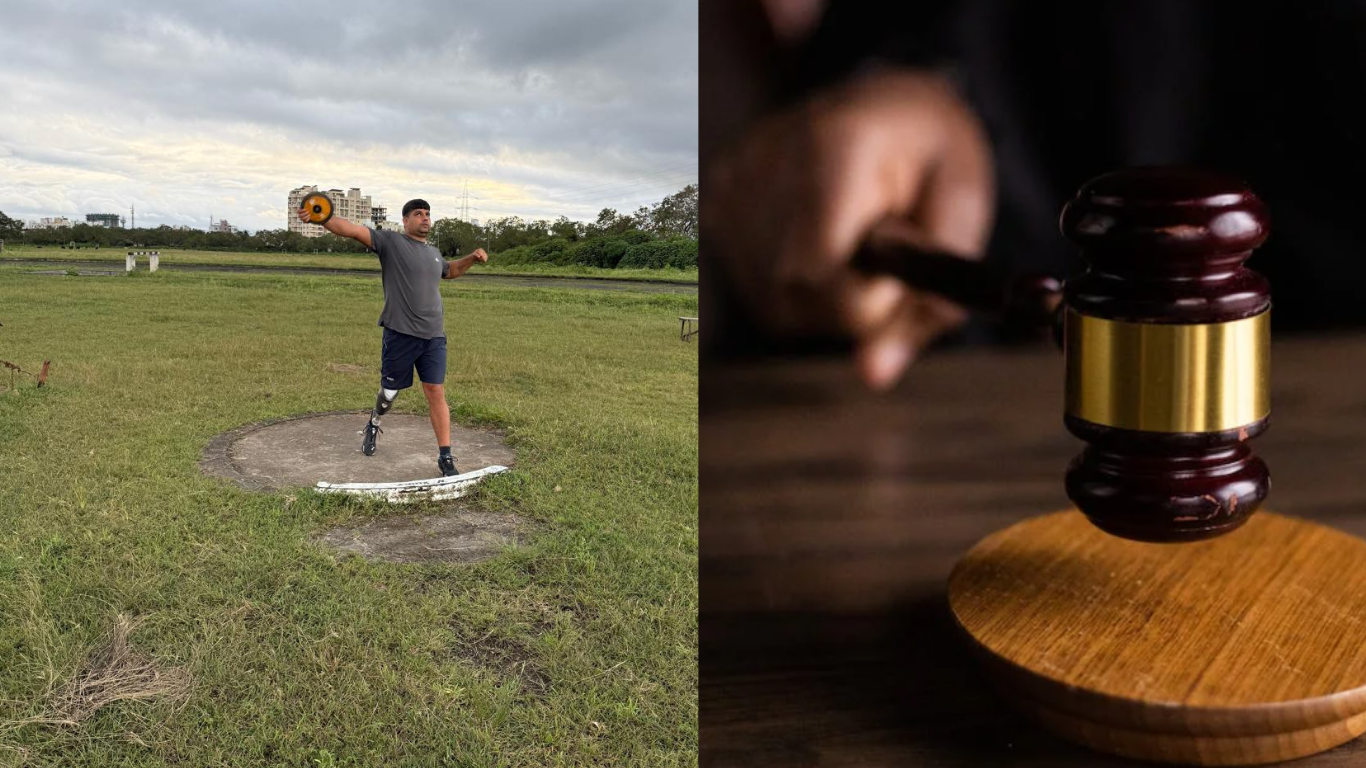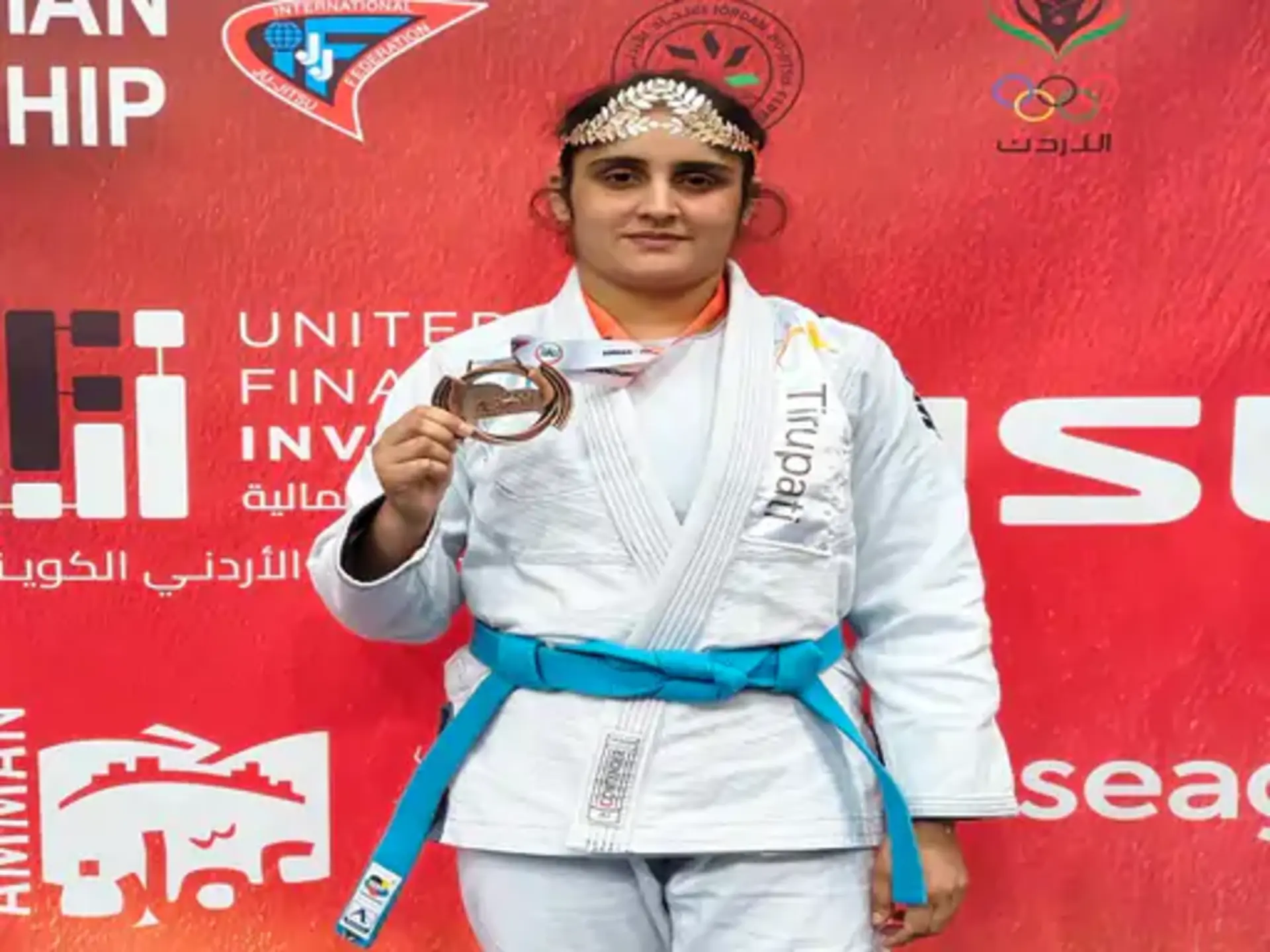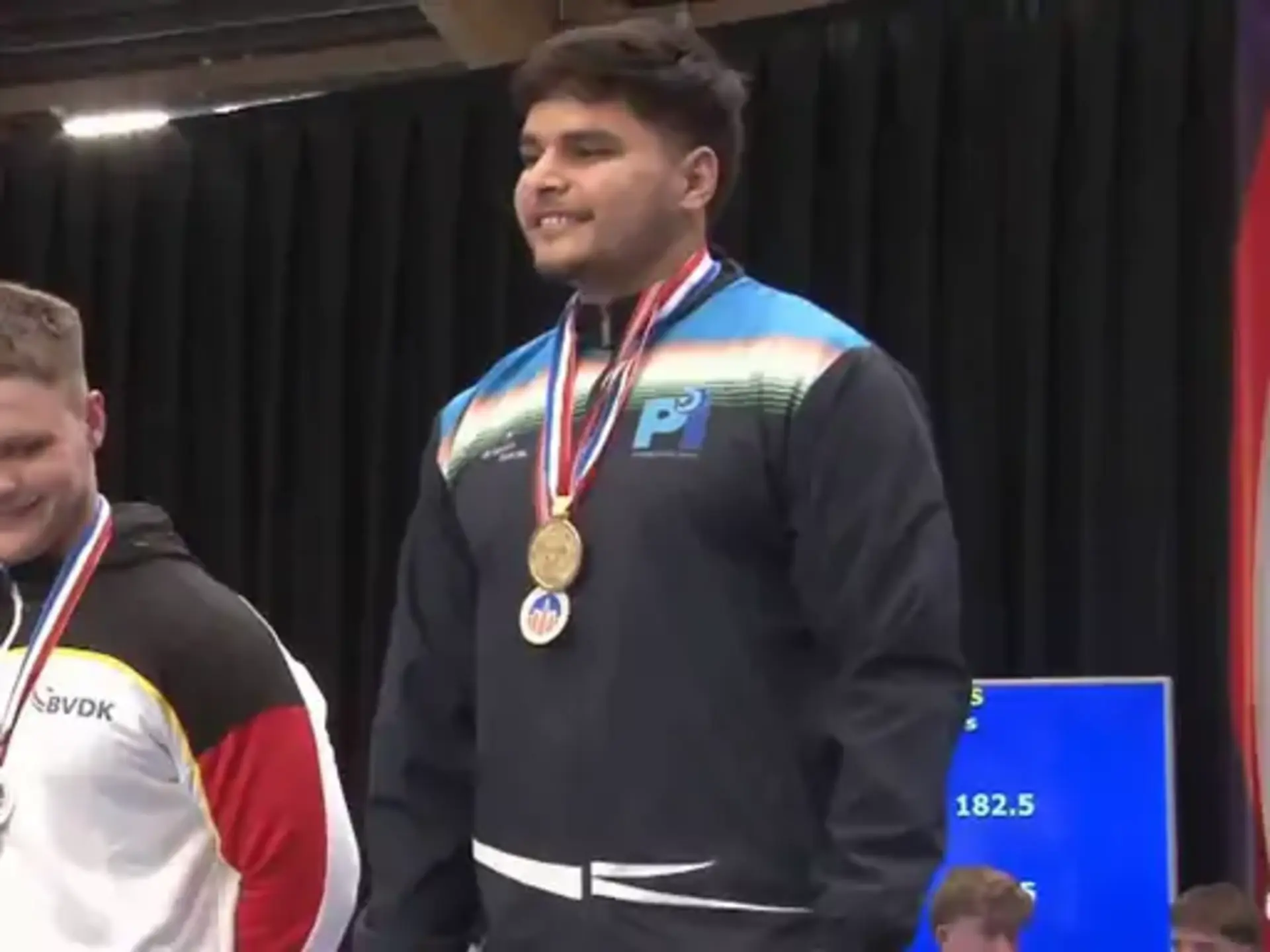
Former Olympic wrestler Sushil Kumar has been granted bail by the Delhi High Court in the Sagar Dhankhar murder case, allowing him to walk free after spending nearly four years in Tihar Jail. The court approved his release on a bond of ₹50,000 with two sureties of the same amount.
The bail decision has deeply upset Sagar's family, who have vowed to challenge it in the Supreme Court. Ashok Dhankhar, Sagar's father, made serious allegations about witness intimidation that may have affected the case.
Allegations of Witness Tampering
According to Ashok Dhankhar, when Sushil Kumar was previously released on parole, he threatened Jayabhagwan alias Sonu, a key witness in the case. "Sushil got two separate cases filed against Sonu, which frightened him into changing his statement in court," Dhankhar claimed. "After Sonu changed his testimony, Sushil withdrew the cases against him."
Dhankhar expressed disappointment with the court's decision despite what he believes was clear evidence against Kumar. "I showed evidence against Sushil Kumar, but the court still granted him bail. I have full faith in the judiciary, but I will approach the Supreme Court against this decision," he stated.
Pressure for Compromise Through Khap Panchayats
In a concerning revelation, Ashok Dhankhar also alleged that Sushil Kumar has been attempting to pressure his family into a compromise through local khap panchayats (community councils).
"Sushil Kumar is trying to force a compromise on us through Dahiya Khap and Dhankhar Khap. They even organized a panchayat in my village to put pressure on me," Sagar 's father said.
Background of the Case
The case dates back to May 4, 2021, when Sagar Dhankhad, a wrestler from Sonipat, was beaten to death at Delhi's Chhatrasal Stadium. A video of the incident went viral on social media, leading to the arrest of Sushil Kumar and several of his associates by Delhi Police.
Since then, the case has seen multiple twists, including allegations of evidence tampering and witness intimidation. The High Court's decision to grant bail came after considering that only 30 of the 186 prosecution witnesses have been examined in the three years since the trial began.















